WASHINGTON, D.C. – Journalists are traditionally understood to be observers, allowed to document events without interference. But a recent incident in the nation’s capital suggests otherwise, as agents with U.S. Immigration and Customs Enforcement (ICE) were caught on video obstructing and threatening an NPR reporter, raising new concerns about press freedoms and government accountability.
The reporter, who is active on TikTok under the handle @chiaraeisner, had gone to Rock Creek Park, NW, to cover what was reported as an ICE raid. What unfolded sparked outrage both locally and online, with critics likening the agents’ behavior to tactics used by secret police in authoritarian states.
First Encounter: Badges Flashed, Promises Broken
According to the reporter, the first confrontation happened as ICE agents carried out what appeared to be an arrest linked to traffic enforcement. When she asked the officers to identify themselves, they avoided a direct response. Instead, they gave first names, briefly flashed badges pinned to their chests, and told her to stand back.
The agents promised to provide proper identification once the arrest was complete. That assurance never came. As soon as the suspect was taken away, the agents left without another word, never showing credentials or confirming their identities.
Second Encounter: Threats and Physical Intimidation
Later in the day, the journalist came across a second group of ICE agents. This time, the exchange turned more aggressive. Video shows one officer repeatedly ordering her to “back up,” even though she was already standing at a reasonable distance.
When she complied by stepping back, the agent advanced again, warning her that if she didn’t retreat further, she could be taken “into custody.” At one point, the officer placed hands on her and physically pushed her back.
The reporter moved several times in compliance, yet the warnings and intimidation did not stop. Agents also deliberately blocked her camera, using their bodies to shield an arrest from view, effectively preventing her from documenting the scene.
Covering Faces, Blocking Cameras
The journalist noted that many of the officers had their faces covered, a detail that unsettled both viewers and civil liberties advocates once the footage went public. The deliberate obstruction of her camera and refusal to show identification led many to question the legality of their actions.
“If their work is legitimate and lawful, why try so hard to hide it?” one commenter asked.
Viral Outrage and Accusations of Authoritarian Tactics
The videos quickly spread online, sparking heated debate over the boundaries of law enforcement power and the rights of the press. Some accused ICE of acting like “thugs in uniform,” while others suggested the officers’ behavior was a sign they had something to hide.
“SAY IT WITH ME: WHEN THE PRESS IS ATTACKED, THE TRUTH IS THEIR ENEMY,” one commenter declared. Another said the episode reflected a “tyrannical, dystopian, and authoritarian” turn in American policing.
On Reddit, a user wrote: “A masked police force is a secret police force. Secret police are a hallmark of authoritarian regimes.”
The comparisons struck a chord in Washington, where memories of past clashes between federal agents and demonstrators remain fresh.
Accountability Questions
Critics also raised alarm about inconsistencies in the officers’ presentation. Some noted that agents were wearing FBI-branded shirts but carrying no visible badges. “So now they’re impersonating two different government agencies at the same time,” one user wrote, calling the conduct “egregious.”
Others warned the NPR reporter to remain cautious. “They don’t seem to care about laws or accountability,” one commenter said. “That makes them dangerous.”
Press Freedom at Risk
The incident has renewed discussions about the First Amendment and the role of journalists in holding government agencies accountable. Press advocates argue that preventing reporters from documenting arrests undermines transparency and erodes trust in law enforcement.
Civil liberties groups have long warned that ICE’s growing power—often exercised with limited oversight—poses risks not only to immigrants but also to democratic norms. The Washington, D.C. confrontation, they argue, is a case study in how unchecked authority can collide with press freedom.
Broader Context
This incident comes amid heightened scrutiny of federal policing practices in the capital, where residents have voiced concern over militarized tactics and warrantless searches during recent enforcement operations. Similar debates have unfolded nationwide as local communities push back against federal crackdowns perceived as heavy-handed or unlawful.
For many, the confrontation with the NPR reporter underscores a troubling trend: that journalists are increasingly treated not as neutral observers but as obstacles.
Moving Forward
As of now, ICE has not released a statement addressing the reporter’s allegations or the viral footage. Calls for accountability are mounting, with advocacy groups demanding clarification on identification protocols and treatment of journalists during enforcement actions.
Meanwhile, the reporter continues to share updates online, using her platform to highlight not only her personal experience but also the broader implications for freedom of the press.
Key Takeaways
-
An NPR reporter attempting to cover ICE activity in Washington, D.C. was threatened, shoved, and blocked from recording.
-
Agents refused to provide identification and left the scene without accountability.
-
Viral videos sparked outrage, with critics comparing the tactics to those of authoritarian secret police.
-
The incident has fueled renewed concerns about press freedom and unchecked federal power.

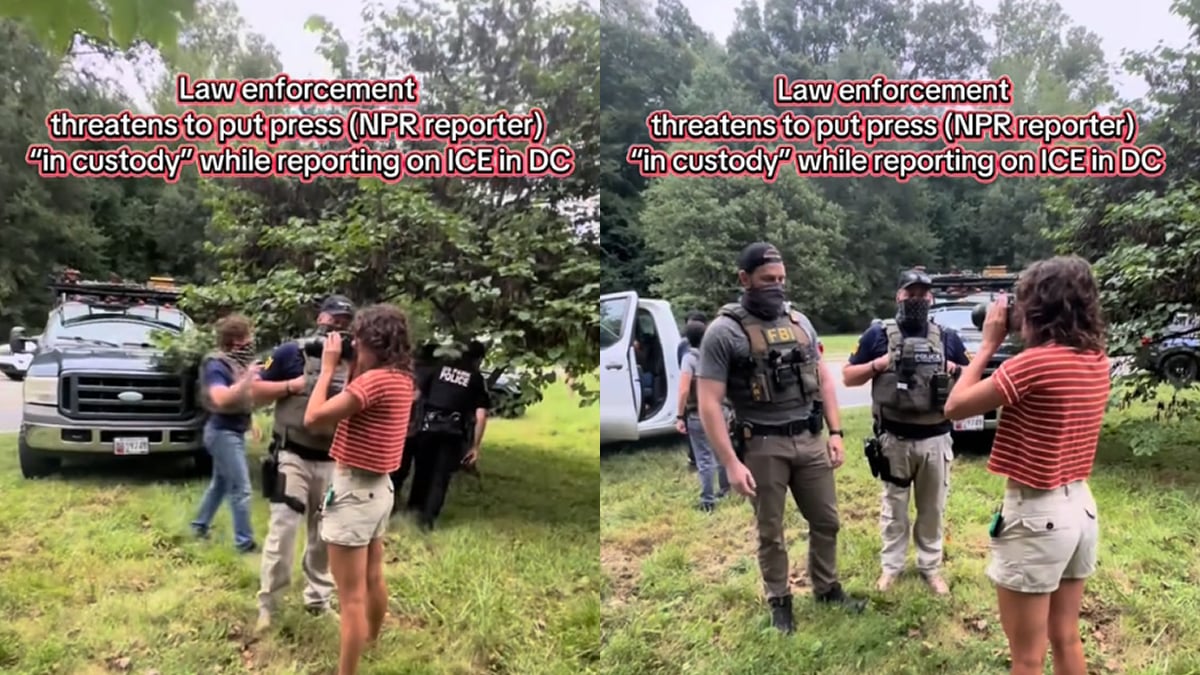
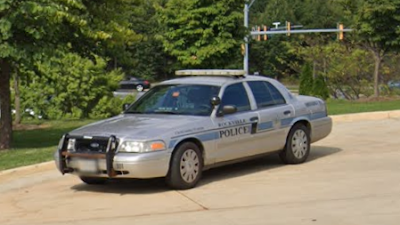

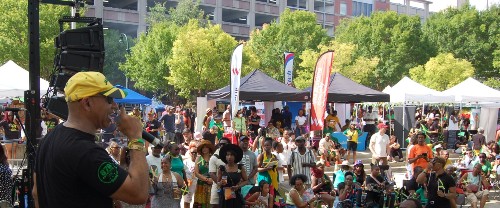
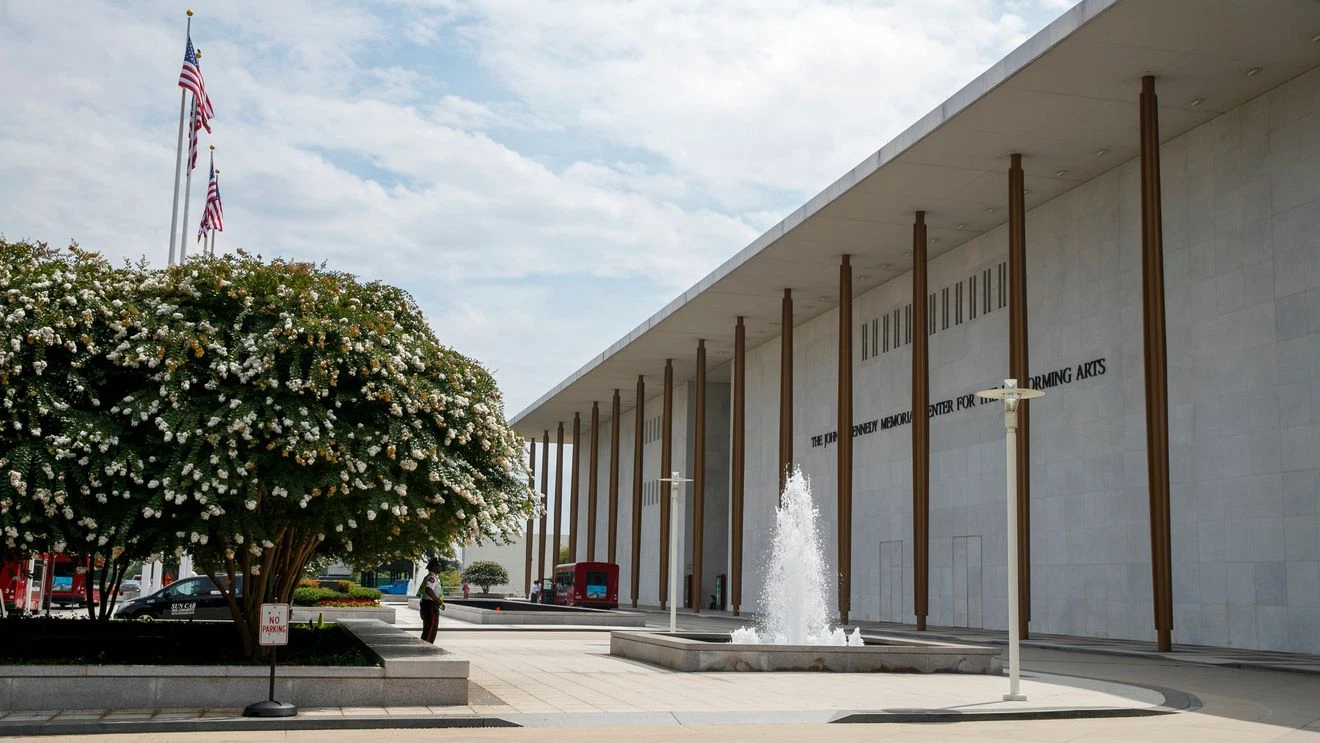
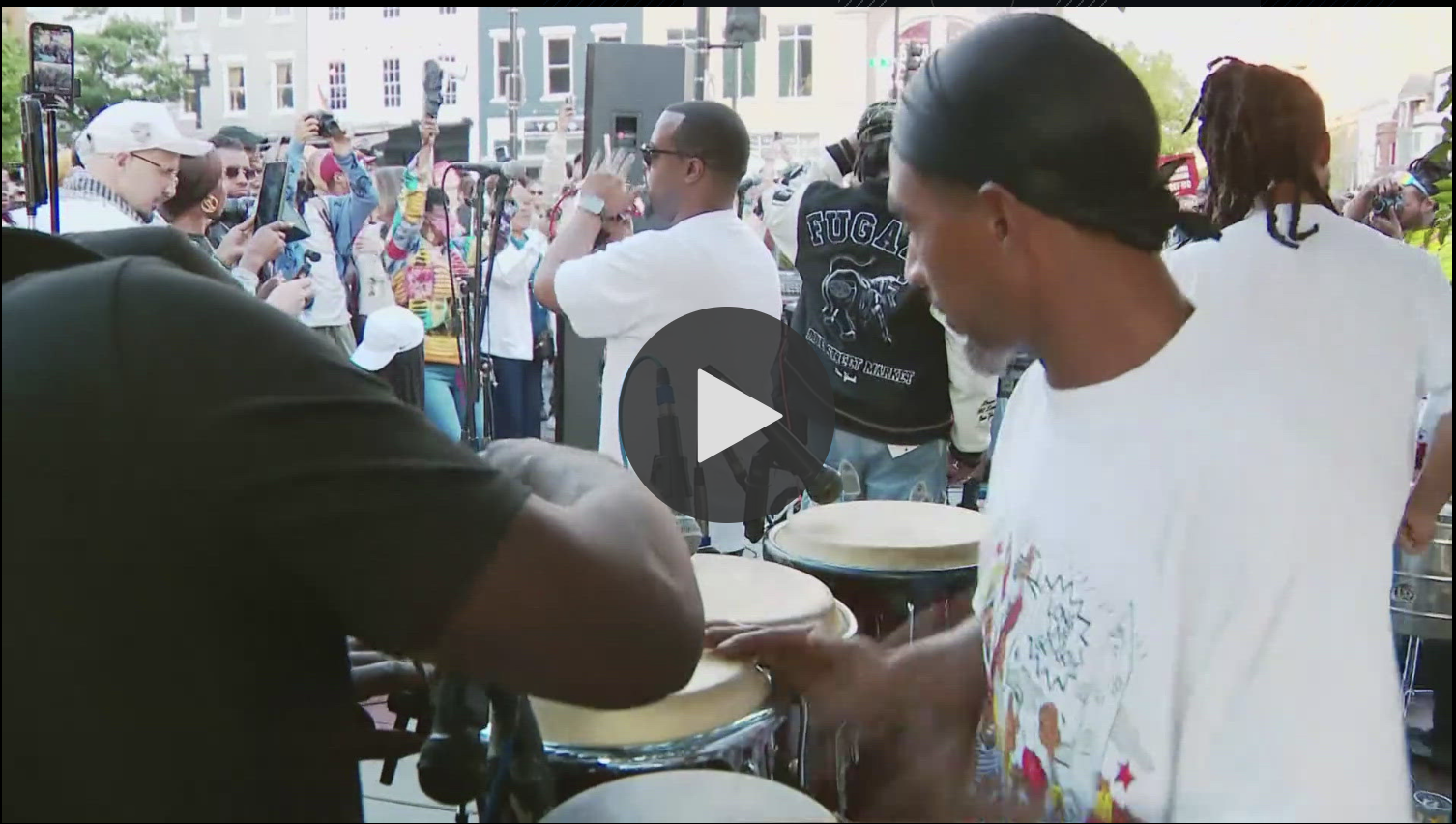
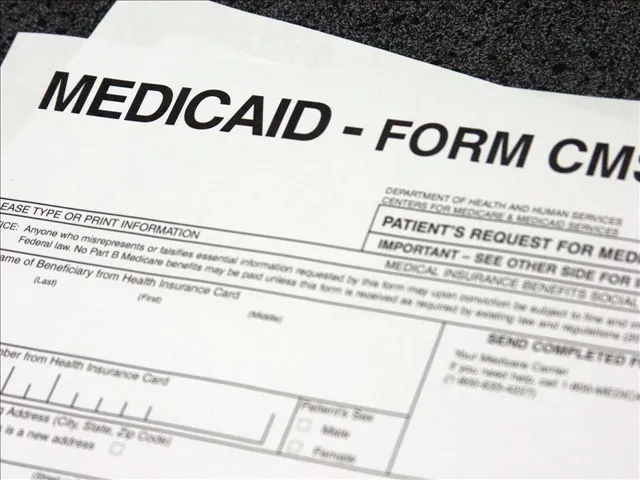
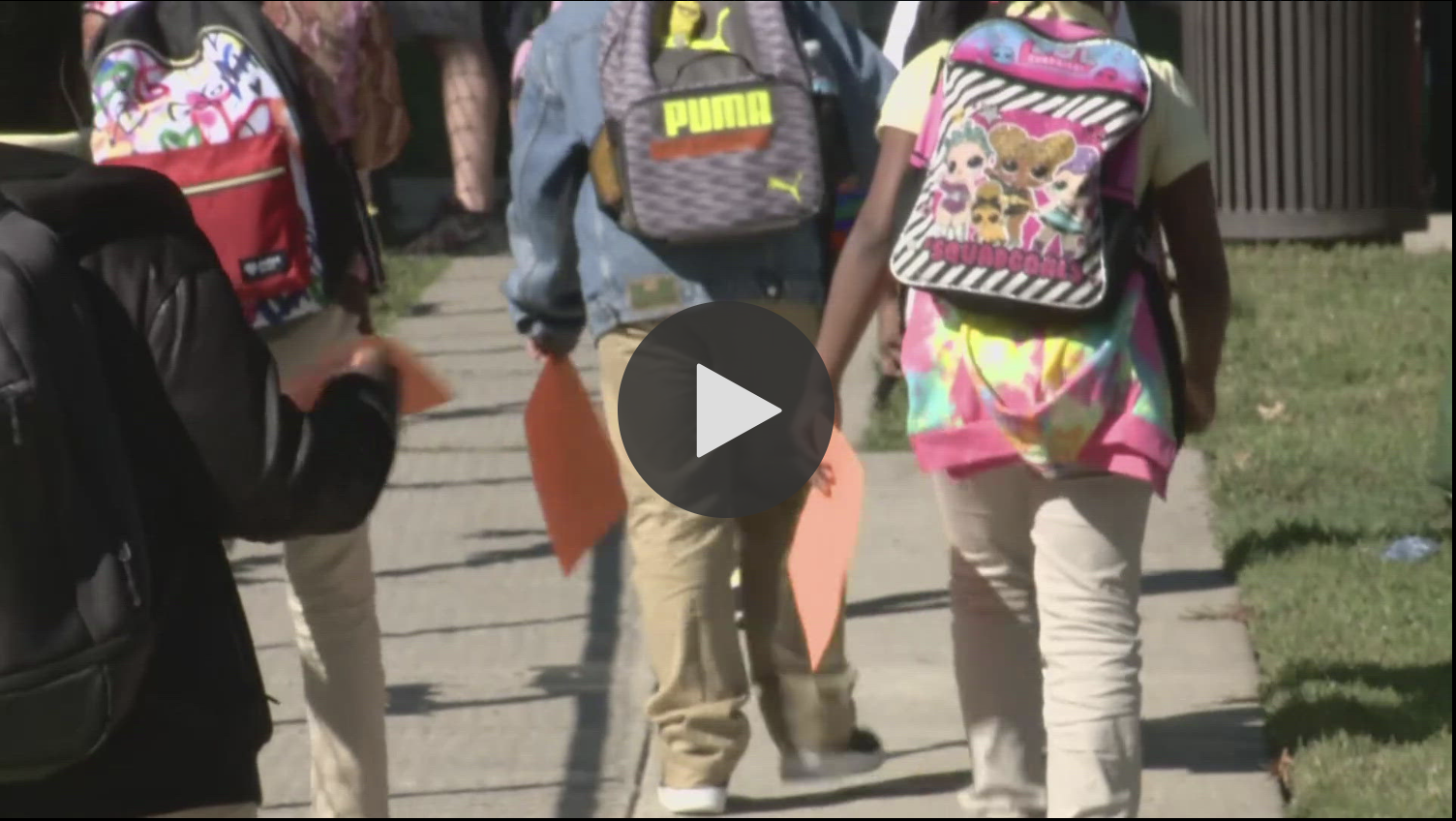
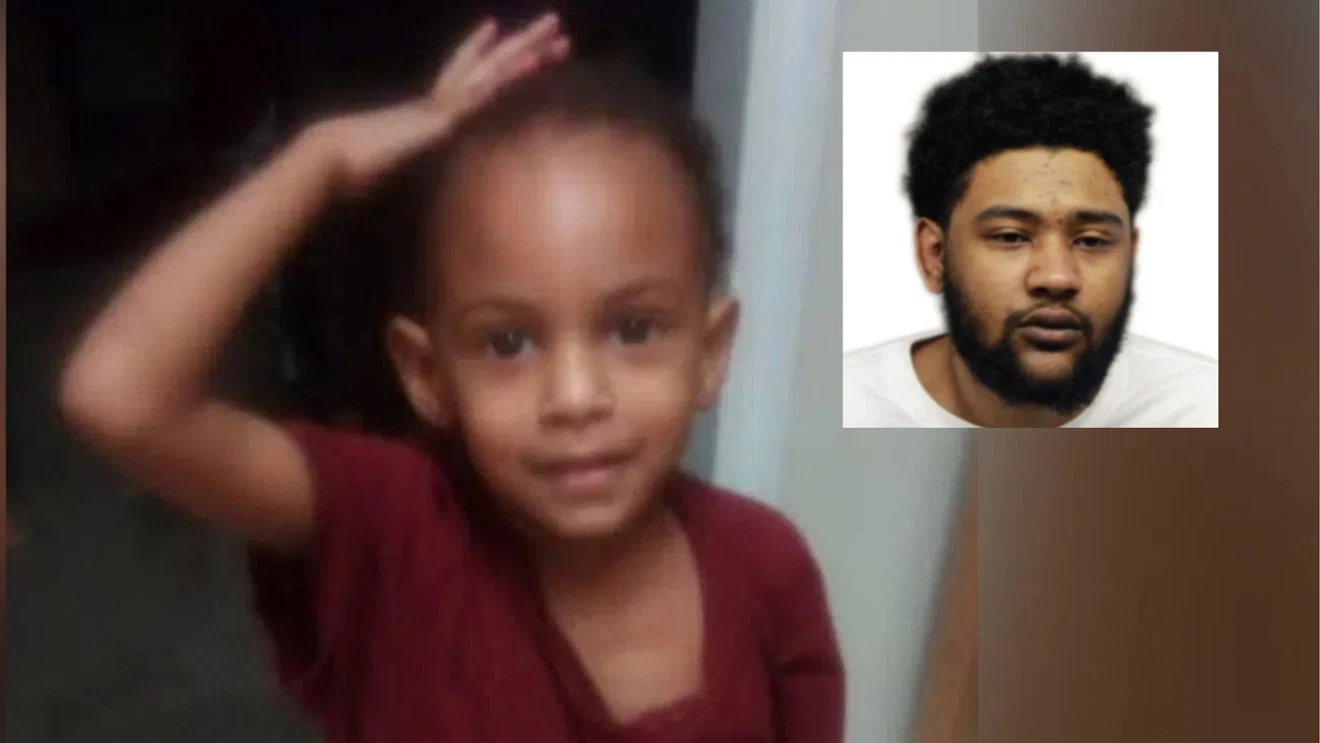
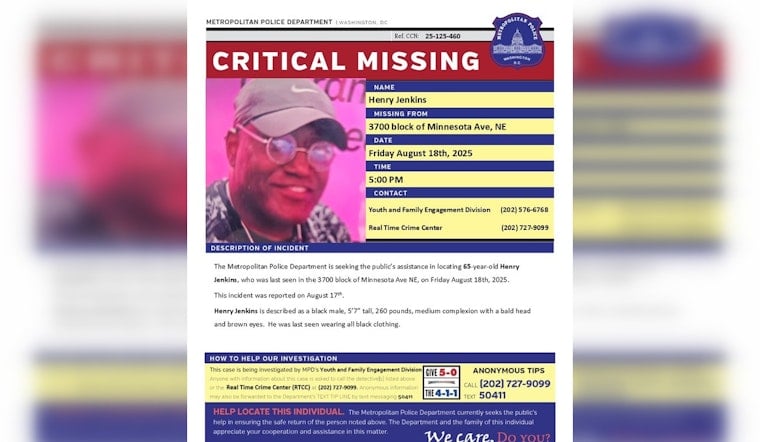
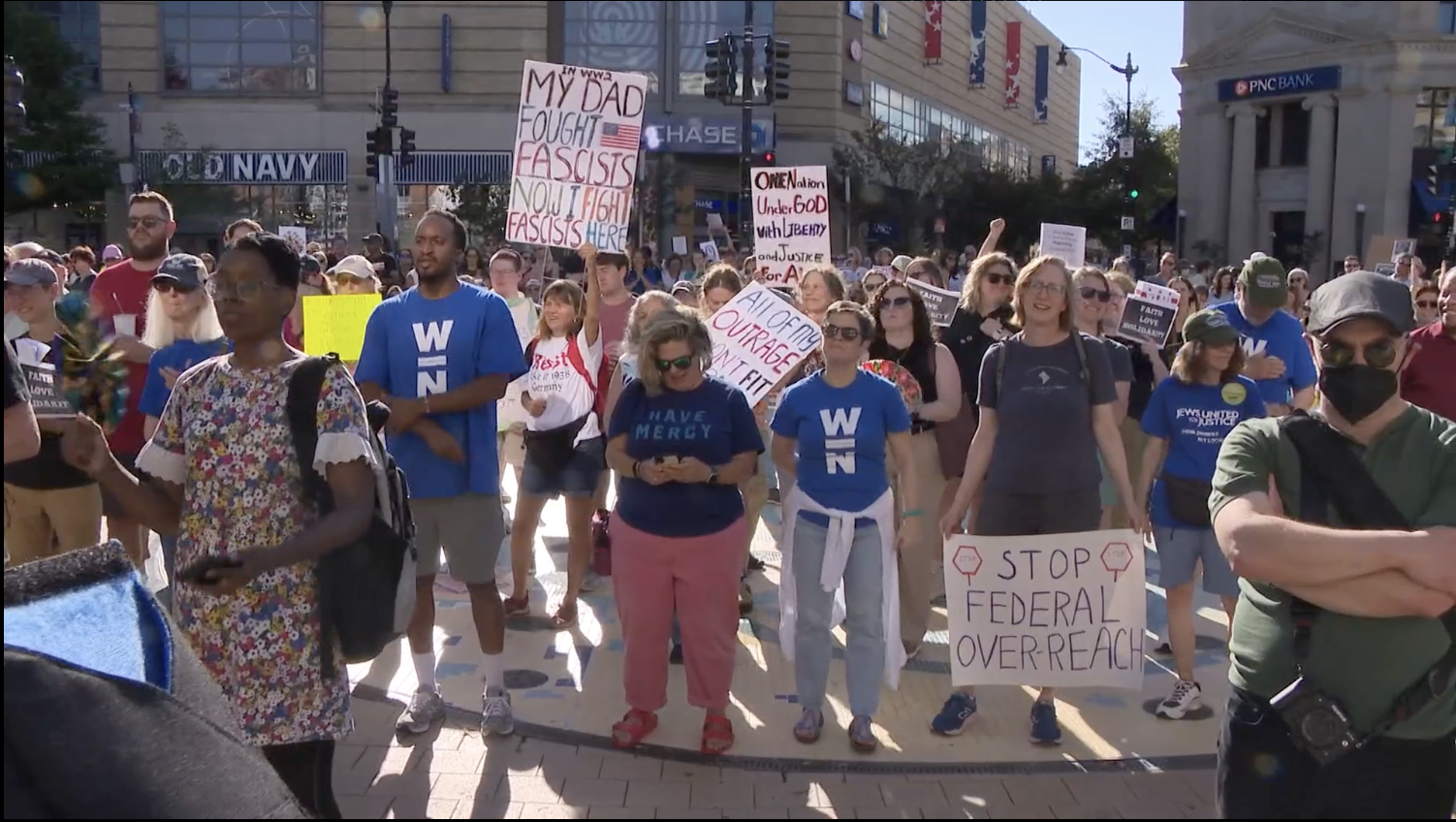
Leave a Reply